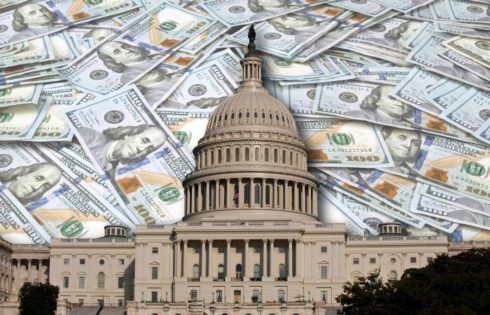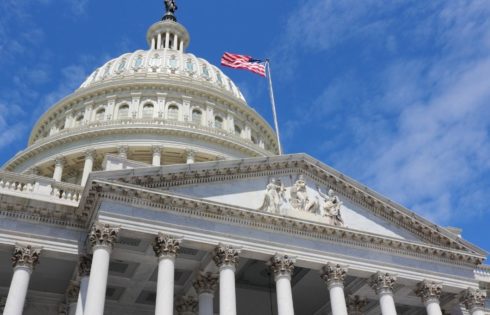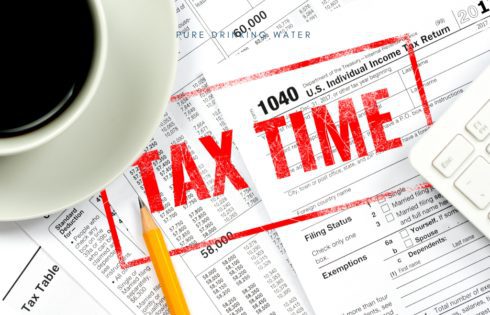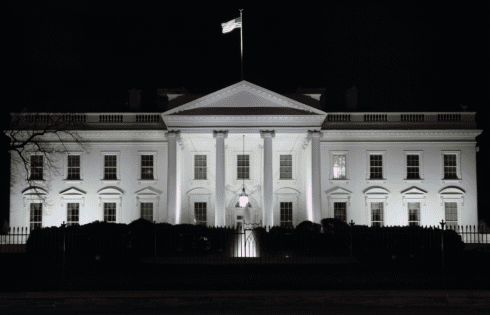
Fourth stimulus check update
Update: A lot of people are still wondering if there will be a fourth stimulus check in 2021. There has been some support for it in Congress with more than

Update: A lot of people are still wondering if there will be a fourth stimulus check in 2021. There has been some support for it in Congress with more than

A lot of people are curious about whether or not a fourth stimulus check will be on the way and we might have a better indication of that within the

Update: More than 130,000,000 stimulus payments have been issued but you might be receiving more funds than you anticipated when you receive your upcoming stimulus check. The IRS has reportedly

Update: The push for a fourth stimulus check (and beyond) is starting to gain a little bit more momentum and support as spring kicks off. Back in January, 53 House

Now that the dust is starting to settle on the last stimulus package and many Americans are receiving stimulus checks, it’s time to start shifting focus to the next potential

Update: More controversy is brewing over the third round of stimulus checks. This time it is House Democrats who are unhappy that many people who are elderly, disabled, or veterans

Update: Last year, we saw the tax filing deadline moved from April 15 to July 15 due to all of the madness of the pandemic. And this year, the IRS

Update: President Joe Biden just signed the $1.9 trillion coronavirus relief package into law (one day prior to when we expected). “This historic legislation is about rebuilding the backbone of

Update: In case you missed it yesterday, the Senate passed the new coronavirus relief stimulus bill. This means that it is now time for the Senate and House to resolve

Over the past year, we’ve seen a lot of different proposals regarding stimulus checks. There have been proposals for checks as low as a couple of hundred bucks all the
| Cookie | Duration | Description |
|---|---|---|
| cookielawinfo-checkbox-analytics | 11 months | This cookie is set by GDPR Cookie Consent plugin. The cookie is used to store the user consent for the cookies in the category "Analytics". |
| cookielawinfo-checkbox-functional | 11 months | The cookie is set by GDPR cookie consent to record the user consent for the cookies in the category "Functional". |
| cookielawinfo-checkbox-necessary | 11 months | This cookie is set by GDPR Cookie Consent plugin. The cookies is used to store the user consent for the cookies in the category "Necessary". |
| cookielawinfo-checkbox-others | 11 months | This cookie is set by GDPR Cookie Consent plugin. The cookie is used to store the user consent for the cookies in the category "Other. |
| cookielawinfo-checkbox-performance | 11 months | This cookie is set by GDPR Cookie Consent plugin. The cookie is used to store the user consent for the cookies in the category "Performance". |
| viewed_cookie_policy | 11 months | The cookie is set by the GDPR Cookie Consent plugin and is used to store whether or not user has consented to the use of cookies. It does not store any personal data. |
